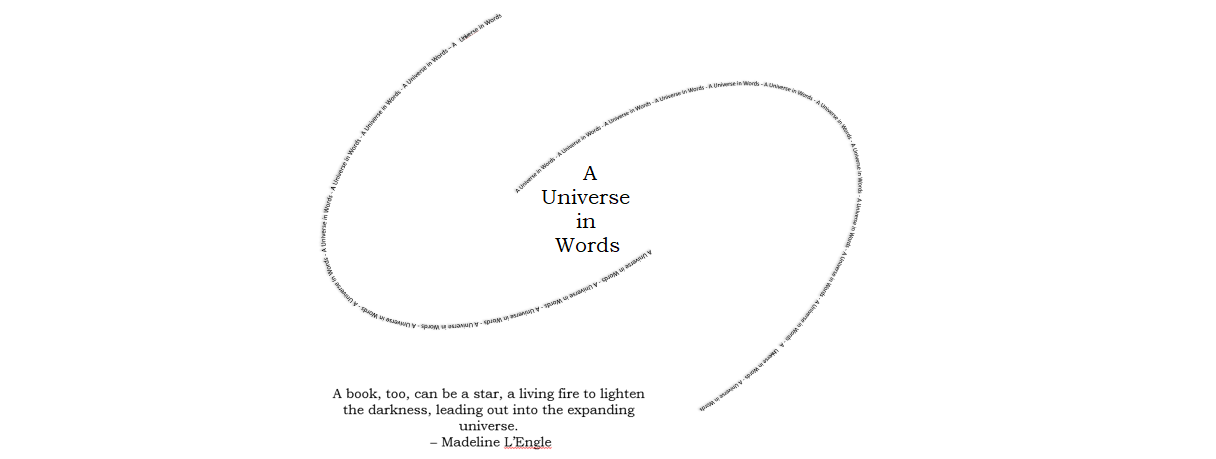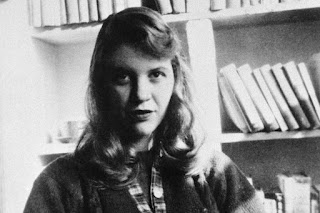Review: 'Reading Jane Austen' by Jenny Davidson
 I love Jane Austen, I adore her. She was my introduction into English Literature, in many ways thereby setting me on the path I am on now. So I have a lot of emotions and experiences tied to Jane Austen and her books. When I started studying English Literature I found myself almost subconsciously avoiding writing about her though, partially because my academic interests lay elsewhere, but also because I was a little bit scared. Reading Jane Austen has helped me understand why, in part. Thanks to Cambridge University Press and Netgalley for providing me with a copy of this book in exchange for an honest review.
I love Jane Austen, I adore her. She was my introduction into English Literature, in many ways thereby setting me on the path I am on now. So I have a lot of emotions and experiences tied to Jane Austen and her books. When I started studying English Literature I found myself almost subconsciously avoiding writing about her though, partially because my academic interests lay elsewhere, but also because I was a little bit scared. Reading Jane Austen has helped me understand why, in part. Thanks to Cambridge University Press and Netgalley for providing me with a copy of this book in exchange for an honest review.Pub. Date: 06/11/2017
Publisher: Cambridge University Press
Whether you’re new to Austen’s work or know it backwards and forwards already, this book provides a clear, full and highly engaging account of how Austen’s fiction works and why it matters. Exploring new pathways into the study of Jane Austen’s writing, novelist and academic Jenny Davidson looks at Austen’s work through a writer’s lens, addressing formal questions about narration, novel writing, and fictional composition as well as themes including social and women’s history, morals and manners. Introducing new readers to the breadth and depth of Jane Austen’s writing, and offering new insights to those more familiar with Austen’s work, Jenny Davidson celebrates the art and skill of one of the most popular and influential writers in the history of English literature.Jane Austen was the literary light of my life for many years. Her books are still ones I seek one when I need comfort or if I want to laugh, even if I feel like I need to relearn their lessons. But, as said above, I avoided her at university. Reading Davidson's preface I finally figured out why I did so. It's difficult to discuss, criticise, and analyse something you love. I managed to do so with Tolkien's work during my MA but there I also felt the pangs of anger whenever anyone made a, usually valid, criticism of or remark on his work. I knew myself well enough to know I would not be able to dig as deep with a book I loved, take it apart and consider it objectively, as I would with other books. Davidson considers the same issue, commenting that the students who love Jane Austen often have less to put forward in a discussion and take criticism personally. Reading Davidson's Reading Jane Austen showed me that that is most likely true, as I still got defensive at times, especially on Elizabeth's part. But Davidson loves Austen as much as her readers do, and this love and respect also shines through her analysis.
As an avid Janeite, there were a lot of things which Davidson discussed that I had thought of or considered before, but she casts them in a new light and unites them into a number of solid themes that allow you to see these books in a new light. Davidson shows connections between the different texts, ways in which Austen's style developed and improved, even how her personal life and letters illuminate the importance of certain aspects in her novels. The book is split into seven different chapters, each of which has its own theme which is discussed across Austen's work. Whether it's the importance of letter writing in Chapter 1, the importance to Austen of manners and morals in Chapters 3 and 4, or the way she highlighted the role of women in society in Chapter 7, Reading Jane Austen ranges widely, but always does so relevantly. Davidson illuminated some aspects of the book for me and, perhaps most crucially of all, she made me want to reread Jane Austen's books with a new eye.
Jenny Davidson's writing is what makes Reading Jane Austen fun. I know from experience that academic texts, or any non-fiction book that digs into a topic, are often very interesting, but not always fun. And sometimes they're not even interesting, which makes for the worst reading experience ever. Reading Jane Austen, in comparison, is a delight. Davidson writes with an easy and a friendliness that, to me, felt like I was sitting in a seminar at university, having a conversation with her. She quotes Austen at length, allowing her prose to illuminate Davidson's arguments. Some of the chapters, especially those looking at narration for example, can be heavy on academic lingo which might be off putting to those not used to it. However, she doesn't overuse it and explains it well when she does. The Further Reading section at the back is also fascinating for anyone interested in Jane Austen and I will be browsing through it soon for future reading.
I give this book...

4 Universes!
I enjoyed Reading Jane Austen a lot more than I expected, considering it's non-fiction. However, Davidson takes her reader on a lovely stroll through some of the most important themes in Jane Austen's fiction, all the while providing them with new tools to analyse and appreciate Austen's books. I'd recommend this to anyone interested in learning more about Austen's fiction.



Comments
Post a Comment